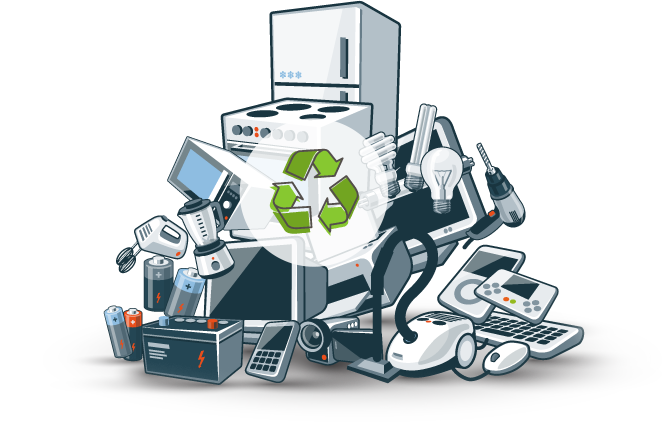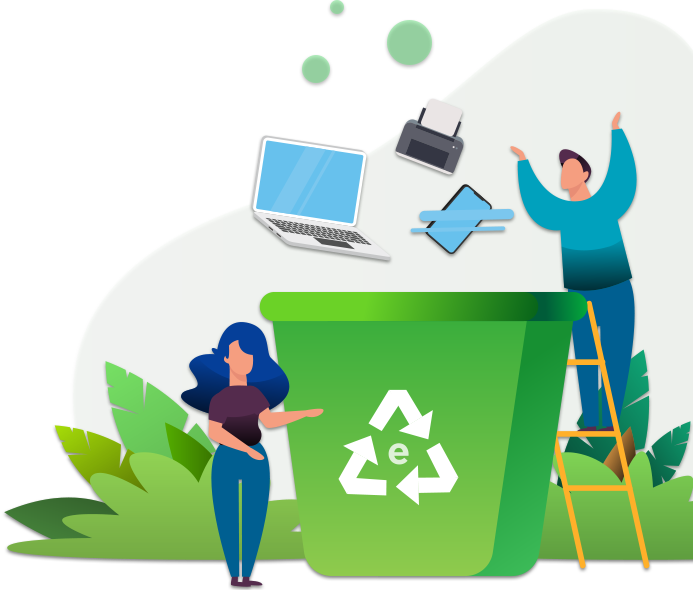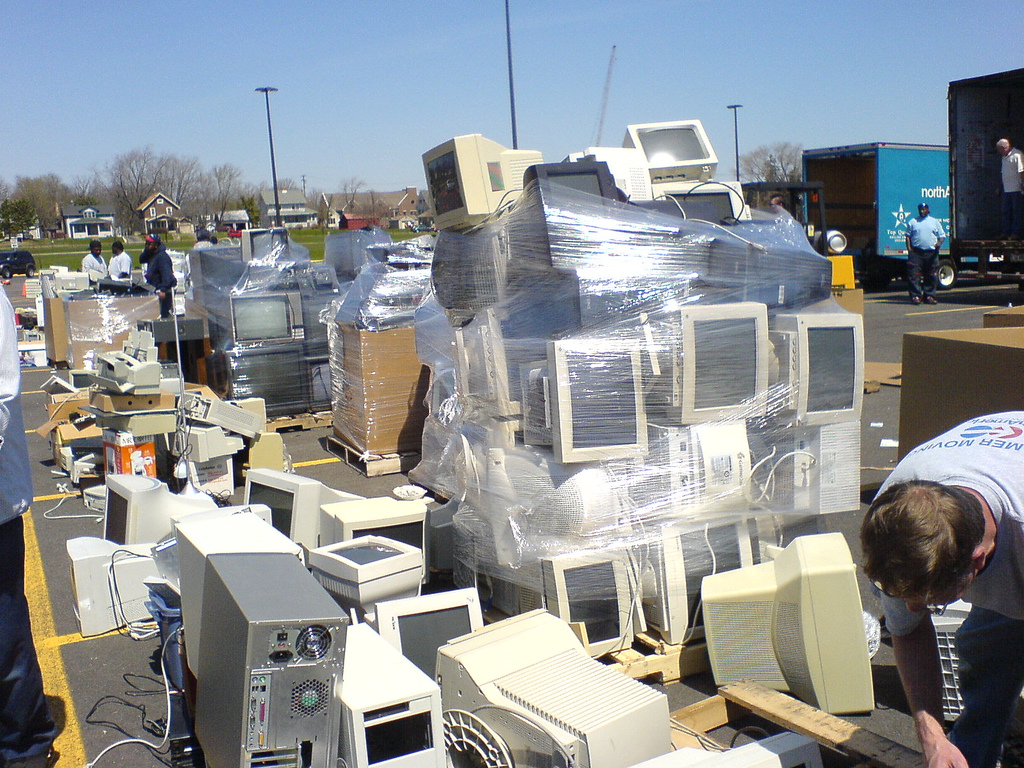
Introduction
The growing importance of the ethics surrounding e-waste disposal and electronic recycling stems from the environmental and social implications these practices have in today’s society. This article aims to provide a comprehensive overview of the historical background, key concepts, main discussion points, case studies, current trends, challenges, and future outlook of this topic.
Historical Background
The disposal of electronic devices has presented significant challenges as technology continues to advance and the demand for electronic gadgets increases. Previous methods of e-waste disposal, such as landfilling and incineration, have had severe consequences on both the environment and human health.
Key Concepts and Definitions
E-waste refers to electronic devices that are discarded and considered waste. Electronic recycling involves the process of recovering valuable materials from e-waste for reuse. Ethical disposal and recycling encompass responsible practices that minimize harm to the environment and prioritize extended producer responsibility.

Main Discussion Points
Environmental Impact of E-Waste Disposal
Improper e-waste disposal poses significant hazards due to the presence of toxic chemicals and heavy metals in electronic devices. These substances can contaminate soil, water, and air, resulting in adverse effects on ecosystems and human health. It is crucial to employ proper recycling methods to mitigate environmental damage and promote sustainable waste management.
Social and Humanitarian Issues
E-waste disposal has social and humanitarian implications, particularly in vulnerable communities. The informal recycling sector in developing countries often engages in unsafe practices and exposes workers, including children, to hazardous substances. Additionally, the export of e-waste to these countries raises ethical dilemmas and exacerbates existing inequalities.
Economic Considerations
E-waste recycling presents economic opportunities, including job creation in the recycling industry. Proper disposal and recycling also contribute to resource recovery and reduce the need for raw material extraction. These economic benefits further underscore the importance of ethical practices in e-waste management.

Case Studies or Examples
Real-world examples and case studies illustrate both ethical and unethical practices in e-waste disposal and electronic recycling. These examples demonstrate the consequences of improper disposal methods and the benefits of responsible recycling practices.
Current Trends or Developments
Recent trends and developments in the field of e-waste disposal and electronic recycling emphasize the need for ethical practices. Emerging technologies and initiatives, such as advanced recycling techniques and extended producer responsibility programs, aim to improve sustainability and ethical standards in the industry.
Challenges or Controversies
Challenges surrounding e-waste disposal and electronic recycling include regulatory gaps and lack of enforcement. The differing viewpoints on this topic, including perspectives from the industry and the public, contribute to ongoing controversies and debates.

Future Outlook
The future implications of the ethics of e-waste disposal and electronic recycling depend on advancements in technology and policy changes. As technology evolves, it is crucial to raise awareness and promote ethical practices to ensure a sustainable future.
Conclusion
In summary, the ethics surrounding e-waste disposal and electronic recycling play a vital role in minimizing the environmental, social, and economic impacts associated with these practices. Prioritizing responsible recycling methods, raising awareness, and implementing policies that promote ethical e-waste management are imperative.




